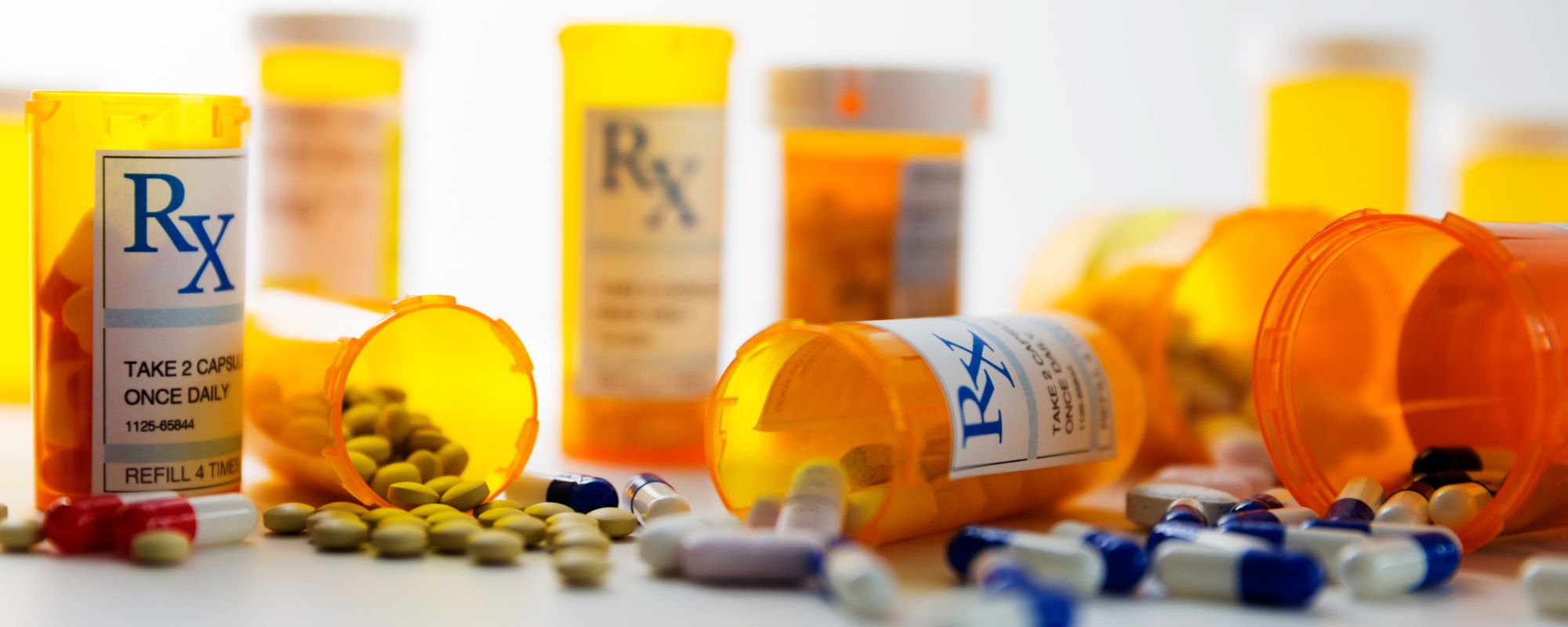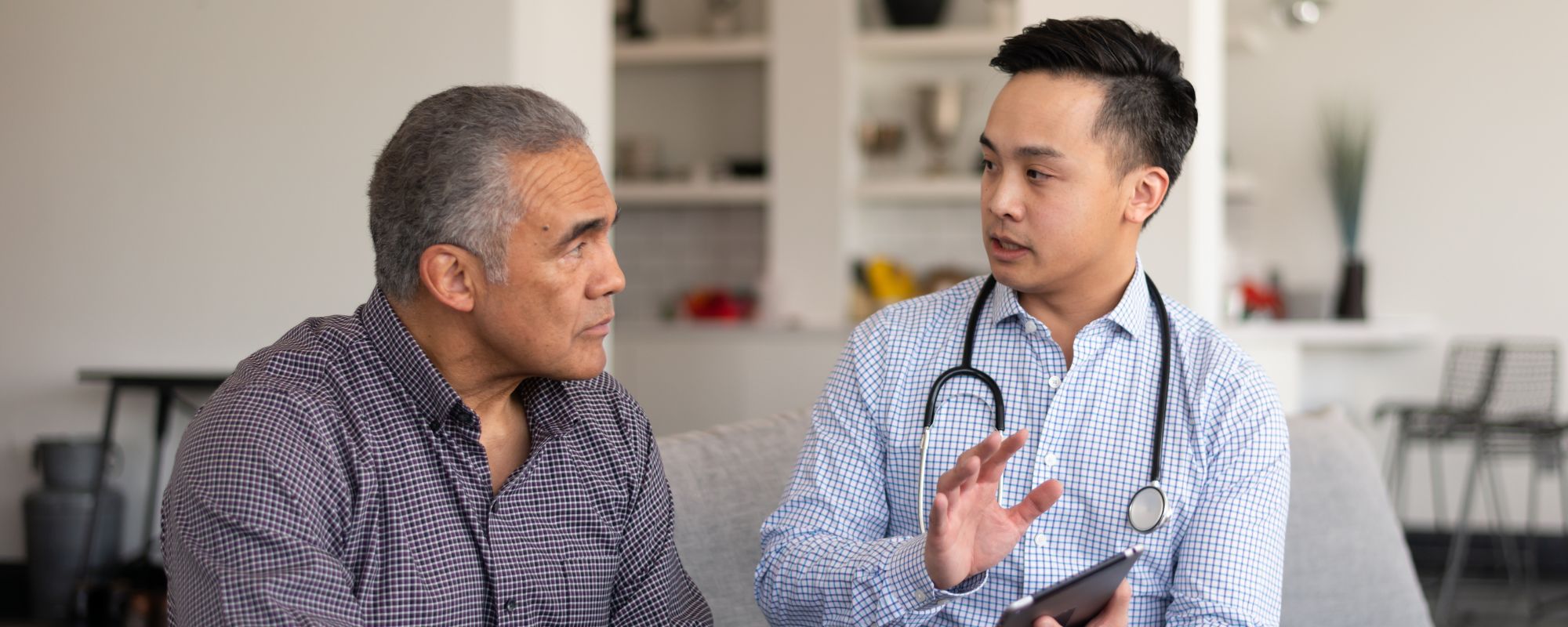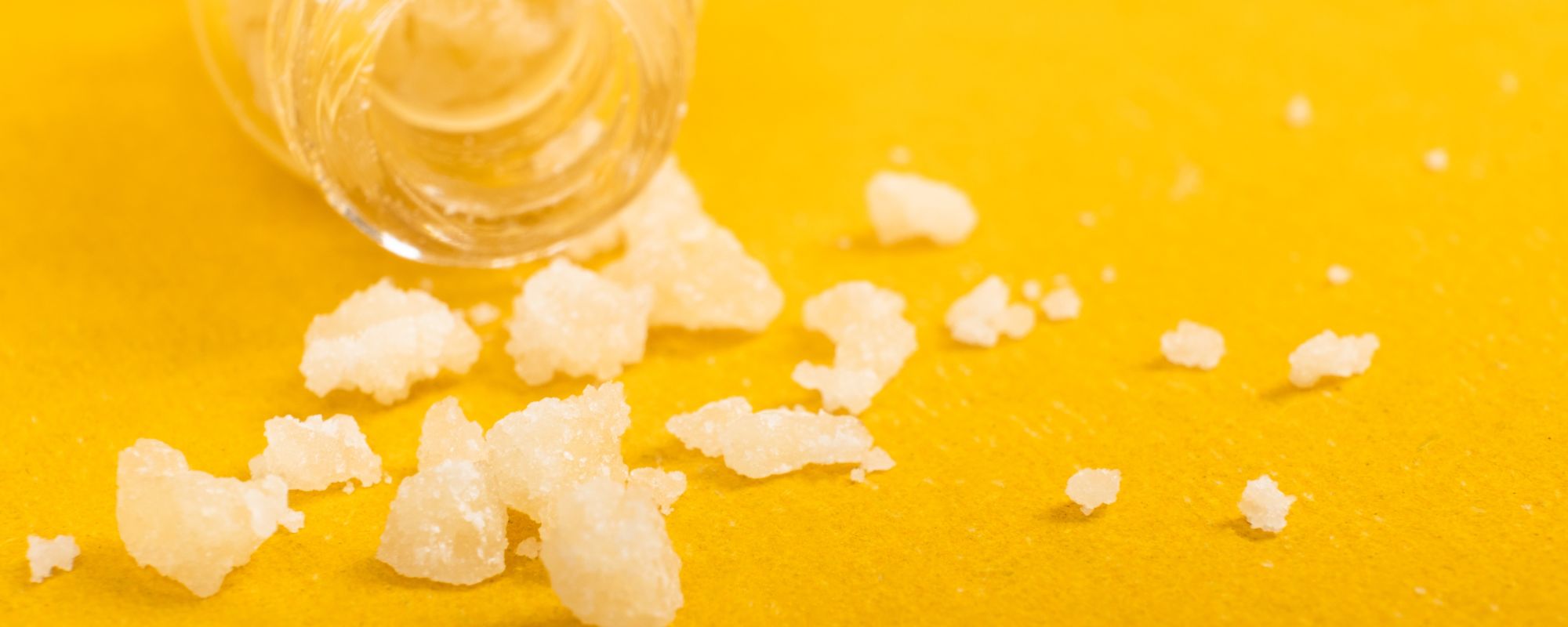Recovery newcomers may not have heard the phrase “working the steps” or may not understand what exactly that means. In the addiction community, the “steps” referred to are the 12 steps of Alcoholics Anonymous (Narcotics Anonymous uses the same 12 steps). Your sponsor helps to guide and support you through the steps, meant to provide those in addiction recovery with tools for personal and spiritual growth, and emphasis is heavily placed on learning more about one’s self while, at the same time, learning to trust in an outside power and accept that some things are out of human control.
It’s important to realize that the 12 steps are simply a set of guidelines to help you work through issues unique to addiction and that the steps are not just for people whose drug of choice is alcohol. The steps are also not just for people in early addiction recovery; once you’ve completed the steps, it’s strongly advised that you continue to work a program. Without staying committed to your sobriety by attending meetings and staying in touch with your sponsor, you may put yourself at unnecessary risk of falling back into old habits.
There are some things that you’ll want to consider before choosing a new sponsor.
Availability. You want someone who can meet with you regularly and who will be able to take your call if you need to reach out. You should ask whether they are sponsoring anyone else and if so, how many sponsees they have; you want to make sure that your potential sponsor does not have so many commitments to the point that it will prevent them from providing you needed support.
Location. Meetings should be accessible and convenient for you both, so if a potential sponsor doesn’t live close by, make sure there is at least a place that you can meet that isn’t an inconvenience to either of you. You should also ask how long they have been living in your town or city; the longer they’ve lived local, the more likely it may be that they know lots of people in the recovery community with whom to connect you.
Expectations. How quickly does this person intend on working through the steps with you? Will you need to call them during the week or complete additional assignments? Make sure that you know what is expected of you beforehand.
Sober time. Ask your potential sponsor how long they have been sober. There is no set number of months or years that someone must have to sponsor another person, but someone with more sober time might have more perspective and/or you may feel more comfortable working with them.
Step completion. Have they completed the steps themselves? If your potential sponsor has never made it past the fourth step, you might want to consider someone else. It’s important that whoever is sponsoring you is familiar and comfortable with the steps so that they can guide you and answer your questions.
Motivation. Ask them why they got sober and to tell you about their addiction recovery journey. This can help you not only gauge how dedicated they will be to helping you— negativity or a poor attitude towards sobriety are red flags— but also serve as encouragement. Hearing about a potential sponsor’s own experiences can make them more relatable and help you to put concerns you may have about working the steps into perspective.
Likability. Be honest— do you like this person? Don’t select someone as your sponsor because someone recommended them, and don’t pick someone because you’re in a rush to get started. At the very least, choose someone that you respect and would be comfortable asking for support.
Keep in mind that there are no set “rules” for choosing a sponsor. Treat the above as general guidelines, but use your best judgment. If something doesn’t feel right, listen to your gut. The right sponsor will come along and support your long-term addiction recovery.
When looking for a Puget Sound recovery center, you want to make sure that you are considering treatment centers that offer both effective detox and continuing care services, as well as mental health services. We take a holistic, personalized approach to addiction treatment at our full-service medical detox and residential inpatient facility and treat dependence on alcohol, cocaine, benzodiazepines, methamphetamine, and opioids. Please reach out to us at (877)-RECOVER for help and with any questions about our programs.






